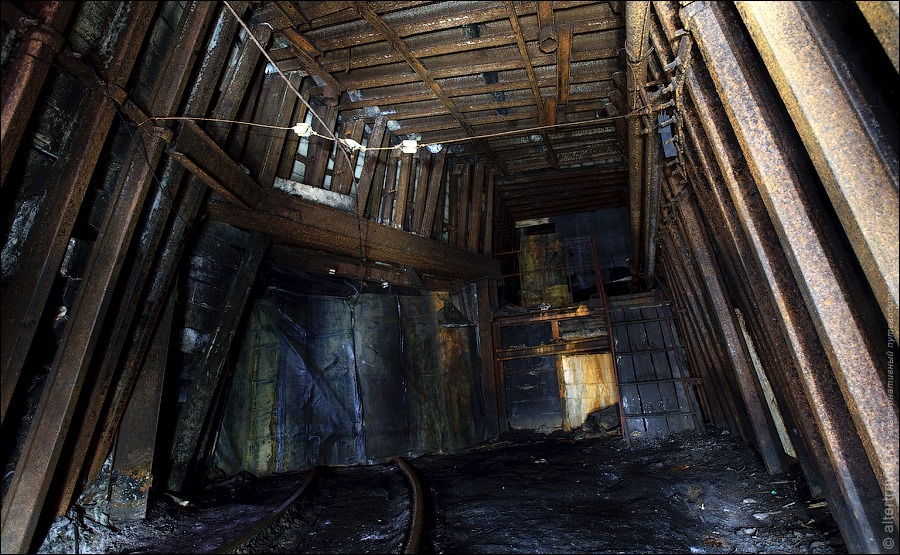
GitHub, a popular open source repository, recently launched the GitHub Archive Program initiative.
Under this program, it copies the source code from active repositories and saves it on very long-life media – special tapes that have a minimum lifetime of 500 years, but the estimated lifetime is up to double. The tapes will then be deposited as part of the Arctic world archive initiative in a deserted mine in northern Norway, at a depth of 250 meters.
On the GitHub archiving program site, it explicitly lists some of the most important projects it archives: Linux, Golang, WordPress, and Bitcoin. The site also mentions the motivation for this program: open source today is a major source of global prosperity, with today’s storage media being very fragile (and could be ruled out by solar storms or EMP attacks across the board).
Storing in an abandoned mine is not the only way to preserve open source code, according to the authors of the program, redundancy, ie more copies in various forms, is essential. The code on GitHub is therefore stored in datacenters, public torrent, offline archives, Wayback Machine, and several other formats and repositories.
- Michaël van de Poppe: Bitcoin to Hit $500,000 This Cycle? 🚀💸 Or Just Another Crypto Fairy Tale? - December 21, 2024
- What is the Meme Coin Bonk, Price Predictions 2025–2030, and Why Invest in BONK? - December 18, 2024
- BNB Price Analysis: 17/12/2024 – To the Moon or Stuck on a Layover? - December 17, 2024














![Best Platforms for Copy Trading in [current_date format=Y] 18 Best Platforms for Copy Trading](https://cryptheory.org/wp-content/uploads/2024/12/copy-trading-120x86.jpg)









